
"Reading is to the mind what exercise is to the body."
— Richard Steele
Check out our latest blog posts!
The information provided in this blog post is for educational and informational purposes only and is not a substitute for professional psychotherapy, counseling, diagnosis, or treatment. Reading this content or engaging with this website does not establish a therapist–client relationship.
If you are experiencing emotional distress, mental health concerns, or are in crisis, please seek support from a licensed mental health professional or an appropriate healthcare provider. If you or someone else is in immediate danger, call 911 or your local emergency number right away.
Individual circumstances and needs vary, and professional guidance is essential to determine what type of support is appropriate for you.
Hyperfixation is a fairly common experience for those of us with ADHD, and it can also show up for people with autism—especially when ADHD and autism overlap. It usually starts innocently enough. We find something new and interesting, our brain releases dopamine, and suddenly that thing feels exciting, energizing, and alive.
One of the most common questions I hear in my work sounds like this:
I think I’ve forgiven them… but does that mean I have to let them back into my life?
That question usually comes with a tight chest, a long pause, and a lot of fear underneath it.
And the answer is still: no.
We are excited to welcome Greta Long, MA, LPC to the Summit Family Therapy team. Greta brings a warm, grounded presence and a thoughtful, relationship-centered approach to counseling that aligns deeply with our values of connection, collaboration, and meaningful change.
In recent years, the term codependency has made its way into everyday language. It’s often used casually to describe “needy” behavior or intense attachment, but clinically, codependency is a complex relational pattern rooted in early experiences, trauma, and fears of abandonment. At the same time, humans are wired for healthy dependency — the mutual reliance that strengthens secure relationships.
Trauma bonding is a term that has gained widespread attention in recent years, yet it is often misunderstood or misused in everyday language. In clinical and research contexts, a trauma bond has a specific meaning rooted in patterns of abuse, coercive control, and intermittent reinforcement. This article clarifies what a trauma bond truly is, what it is not, and why the distinction matters.
The public release of the Epstein files has reopened a painful conversation about sexual exploitation, systemic failure, and the countless survivors who have endured these harms in silence. But alongside public outrage and political scrutiny, there’s a quieter, more intimate story unfolding—one happening inside the nervous systems of trauma survivors who are reliving echoes of their own experiences.
Over the past two weeks, our workplace community has been touched by a profound wave of loss. Three of our employees have experienced the passing of close loved ones, and within my own extended family, we are mourning the loss of a child to cancer. These moments remind us of the fragility of life, the depth of human love, and the universal experience of grief that connects us all.
We are delighted to share an exciting milestone in the growth of our practice. Kate Mills, MA, LCPC has been promoted to Clinical Director of Family Services at Summit Family Therapy!
For years, Kate has been a cornerstone of what makes Summit special. Her dedication, compassion, and professionalism have profoundly shaped the experiences of our clients and our team. This promotion reflects not only her clinical expertise, but also the exceptional heart, leadership, and integrity she brings into every room she enters.
Most of us agree that friendship is important, yet many people quietly struggle to create and maintain meaningful relationships. As a therapist, I hear this often:
“I’m terrible at making friends.”
“Everyone else seems to have a social circle. What's wrong with me?”
“My friendships drift as life gets busier.”
“I don’t even know where to start.”
Most people are familiar with the classic trauma responses: fight, flight, and freeze. But trauma research has increasingly recognized a fourth response that often hides in plain sight: fawning.
“Suck it up, butter cup.”
“Rub some dirt in it.”
Most men have heard some version of these lines, little slogans wrapped in toughness and handed to boys long before they ever understand what they mean. Years ago, someone said I was “the least masculine employee.” To this day, I still don’t know what that’s supposed to mean.
Years ago, I stood in a store holding a sweater I didn’t need but really liked.
It wasn’t expensive. It wouldn’t change my life. And yet, I stood there debating it like I was deciding whether to quit my job.
At the same time, I was doing the opposite in other areas of my life. I tended to make impulsive, rushed, high-stakes decisions with far less thought than they deserved.
Grief is one of the most painful and disorienting human experiences. Many describe it as feeling as though a part of themselves has been cut away—an absence so profound it is felt not only emotionally, but physically. In The Grieving Brain, psychologist and neuroscientist Mary‑Frances O’Connor, PhD, offers compelling scientific and clinical insight into why grief feels the way it does and how loss fundamentally reshapes the body and brain.
Have you ever heard someone say, “You’re gaslighting me!” during an argument? These days, the term pops up everywhere—social media, TV shows, even casual conversations. But here’s the thing: gaslighting isn’t just a trendy buzzword. It’s a serious form of psychological manipulation, and when we throw it around carelessly, we risk losing sight of what it really means.
When distressing national events dominate headlines—violence, disasters, protests, political conflict—children notice. They overhear conversations, catch glimpses of images, and feel the emotional “temperature” at home. As caregivers, we can’t control the news cycle, but we can shape how our families process it—together. Using a developmentally appropriate approach grounded in Family Systems Theory, this guide offers practical, age‑specific strategies you can use today.
As a therapist, I’m often reminded that some of the most important healing doesn’t happen in my office. Healing happens over cups of coffee, in late-night phone calls, during shared laughter, or when someone says, “I’m here. Tell me what’s going on” or “I support you.”
Family estrangement is one of the most emotionally painful and least openly discussed experiences individuals face across the lifespan. Estrangement is commonly defined as the cessation or significant reduction of regular contact between two or more family members (Agllias, 2017). While often assumed to be permanent, estrangement can be fluid—relationships may move in and out of periods of distance, reconciliation, and renewed rupture over time.
The term quarter-life crisis describes a period of emotional upheaval and identity questioning that commonly occurs during early adulthood, roughly between the mid‑20s and mid‑30s. According to psychologist Claire Hapke, PsyD, LMFT, this phase is marked by uncertainty, pressure, and reassessment as young adults confront major life decisions with fewer clearly defined milestones than previous generations (Hapke, 2013).
We’re thrilled to announce the launch of Trailhead Custom Intensives, a new therapy program designed to help individuals and couples reach deep, focused healing. Unlike weekly sessions, Trailhead Intensives offer extended blocks of time, ranging from half-day to multi-day formats, tailored to your unique needs. This approach allows for uninterrupted progress and more opportunities for breakthroughs in areas such as trauma recovery, relationship challenges, and personal growth.
The holiday season is often portrayed as joyful and magical—but for those navigating separation or divorce, it can feel overwhelming. Traditions change, family dynamics shift, and financial stress may increase. If you’re struggling, you’re not alone. Research shows that intentional coping strategies can help you manage stress and find moments of peace during this transition.
The holidays can be a beautiful time of connection, but they can also bring stress, overstimulation, and complicated family dynamics. I find this season especially challenging because expectations seem to increase, while my personal bandwidth decreases. Can you relate?
I’ve now seen Wicked: For Good twice—and cried both times during the iconic “For Good” scene. That song is a masterclass in emotional depth, capturing the bittersweet reality of friendships that transform us, even when circumstances pull us apart. From a mental health standpoint, this moment resonates deeply: it reminds us that relationships can be both impermanent and profoundly impactful.
In graduate school I learned about the stages of grief and loss by Kubler-Ross. These are not frequently known to the general public. In the United States, we typically do not accept the idea of loss well. We protest when our political candidates lose. When we lose we protest the conditions of the lost. Rather, we embrace denial with an almost salient delusion of grandeur: this cannot happen to me!
Breadcrumbing refers to giving someone intermittent, non-committal attention—just enough to keep them engaged—without any genuine intention of deepening the relationship. This behavior often manifests through sporadic texts, likes on social media, or vague promises of future plans that never materialize. While commonly associated with romantic relationships, breadcrumbing can also occur in friendships, creating confusion and emotional distress across relational contexts.
Most people think of therapy as a weekly 50-minute appointment, a slow and steady process that unfolds over months. For some, that pace works well. But if you’re like me and cringe at the saying “Good things come to those who wait,” you might find yourself wishing for something more immediate, more immersive, and more impactful. That’s where therapy intensives come in.
These are not real names of clients. These are fictional characters rooted in source material from this author’s varied careers in his life before becoming a psychotherapist.
Patrick couldn't stay any longer. With crops to harvest and with matters busy at home, he no longer had time for the Roscoe Stetson Card & Hunt Club that operated outside of Roscoe's old family cabin. Patrick now had a wife and child. Patrick now had responsibilities. Texas Hold Em was now a Hold Up.
Renowned relationship researcher Dr. John Gottman discovered that the difference between couples who thrive and those who struggle isn’t grand gestures—it’s six intentional hours per week spent nurturing the relationship. This concept, often called the “6 Magic Hours,” is grounded in decades of empirical research on marital stability and the Sound Relationship House Theory.
Despite increasing awareness of autism spectrum disorder (ASD), significant barriers persist in mental health treatment for autistic clients. Many therapists lack adequate training and knowledge about autism, leading to misinterpretations and ineffective interventions. This post addresss recent research and clinical insights to highlight common pitfalls in therapy for autistic individuals and offers evidence-based recommendations for improvement.
Grief is not about the absence of someone. Grief and sorrow are about all the moments that were and what could have been that gather like storm clouds - the endless possibilities. Grief is the waves that crash over us - unrelenting in the first moments - taking us under into the darkness with no direction. The waves can reduce their intensity and shape but can awaken at the most unexpected moments. These moments are often described as a dull ache, losing our breath, or falling suddenly.



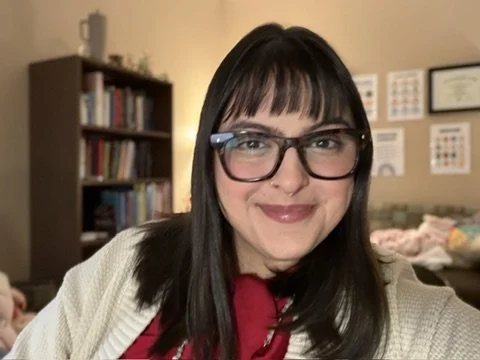


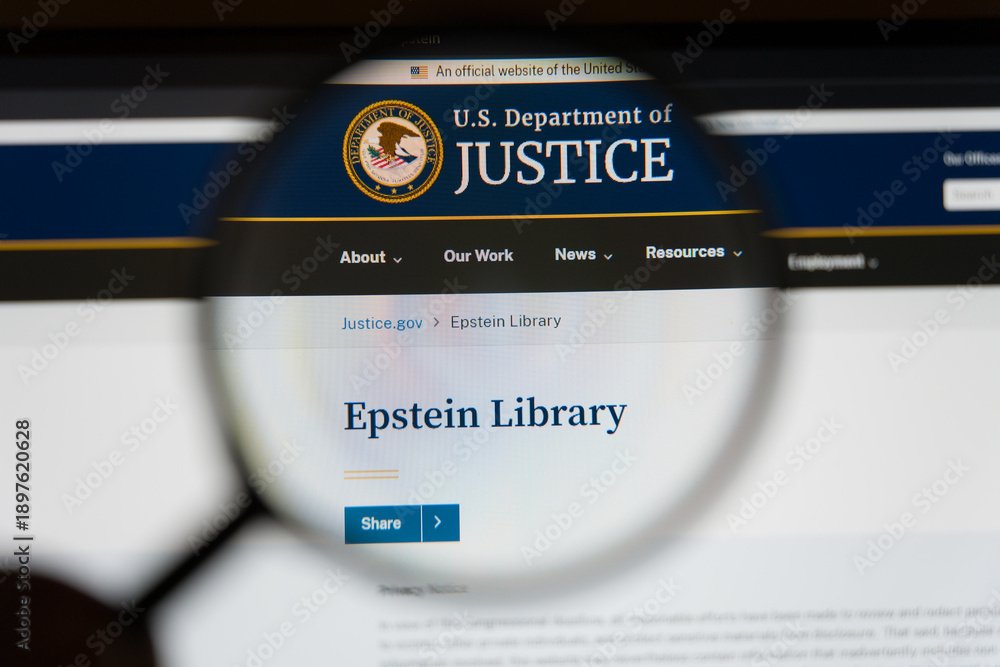

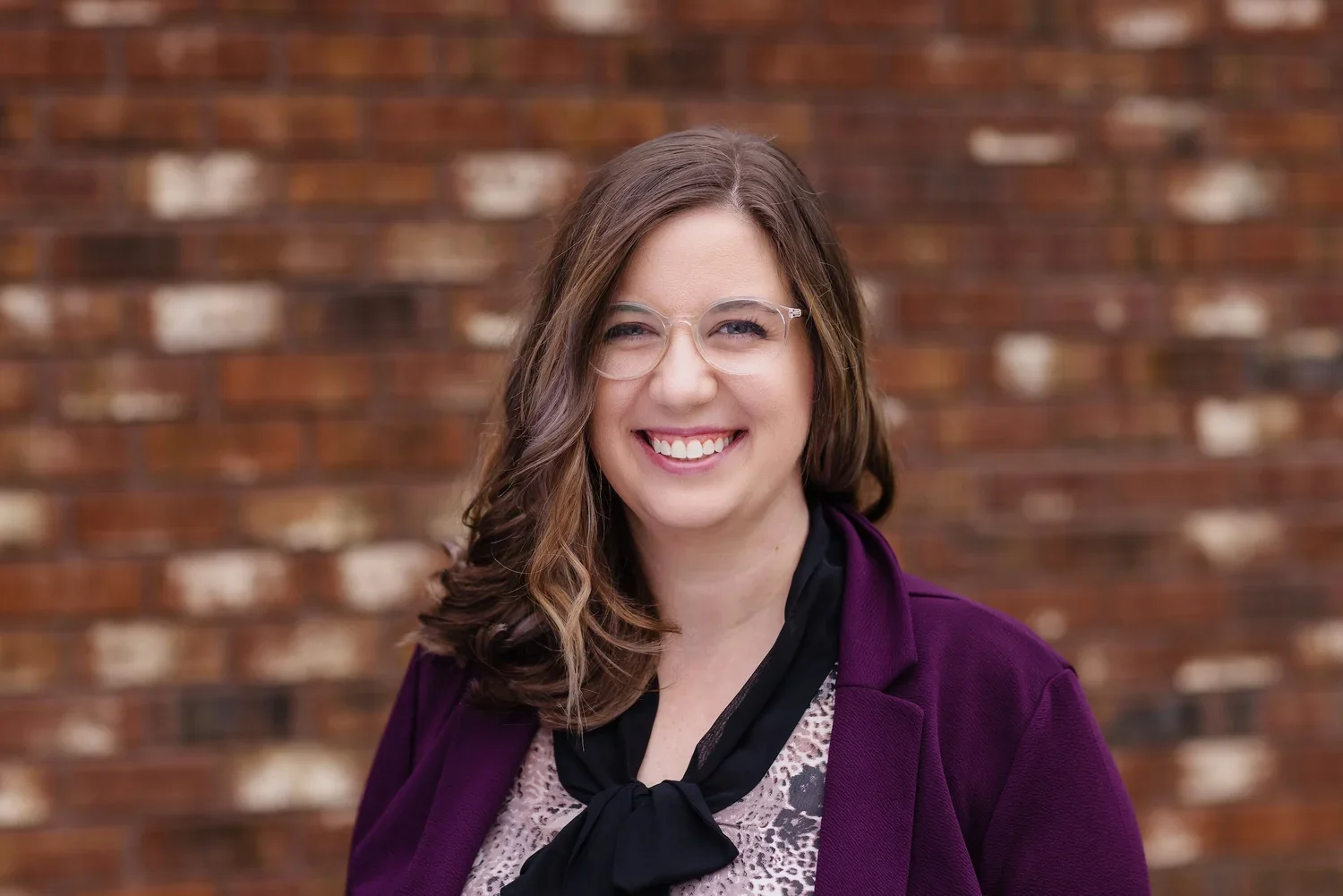








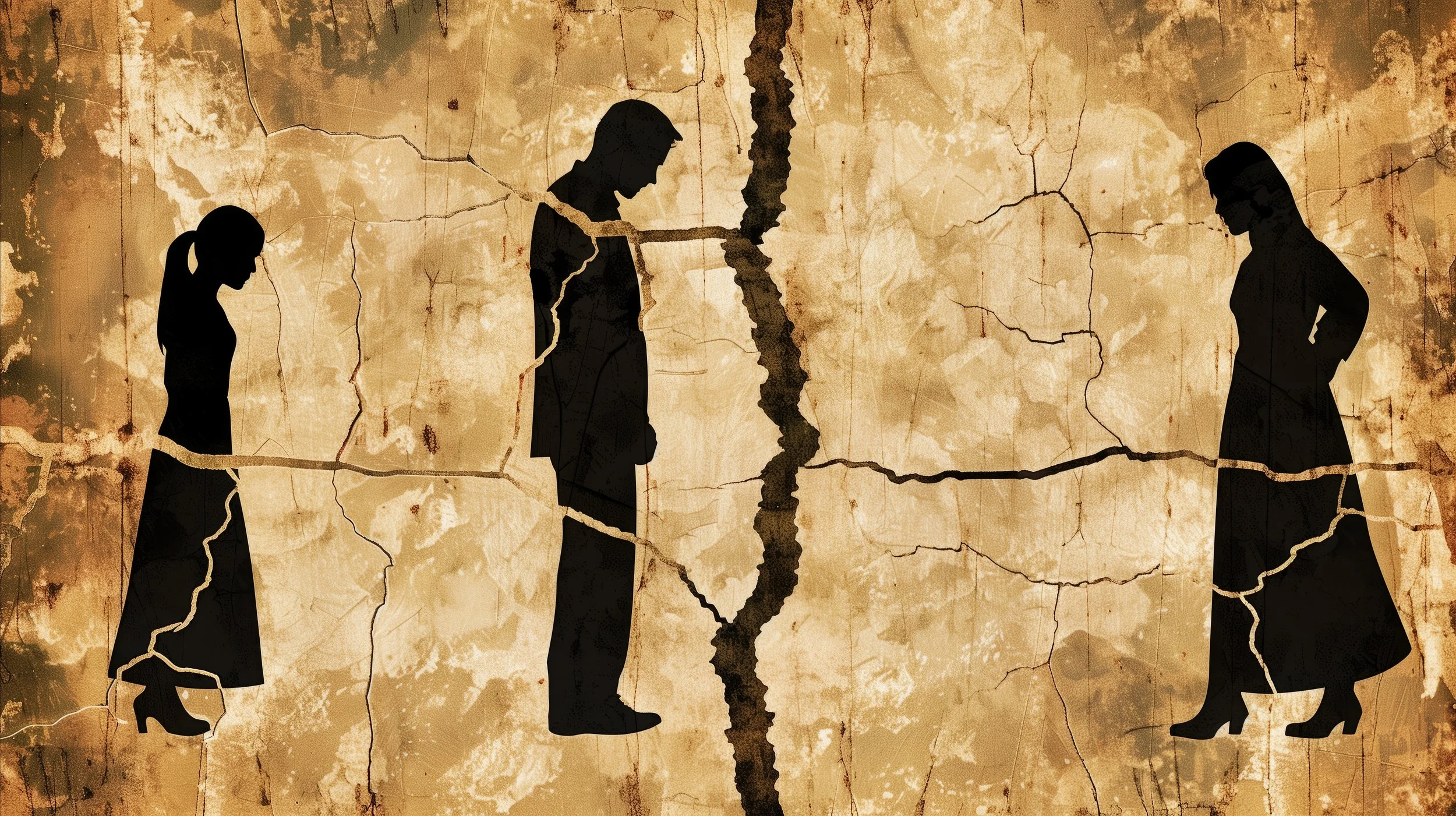

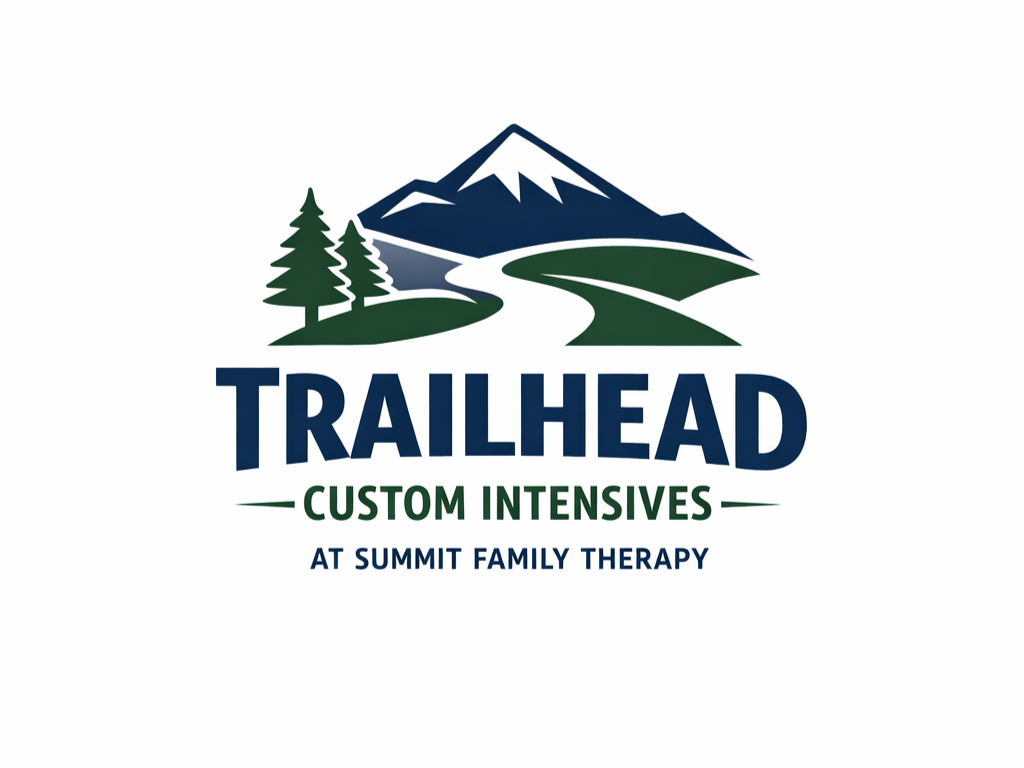



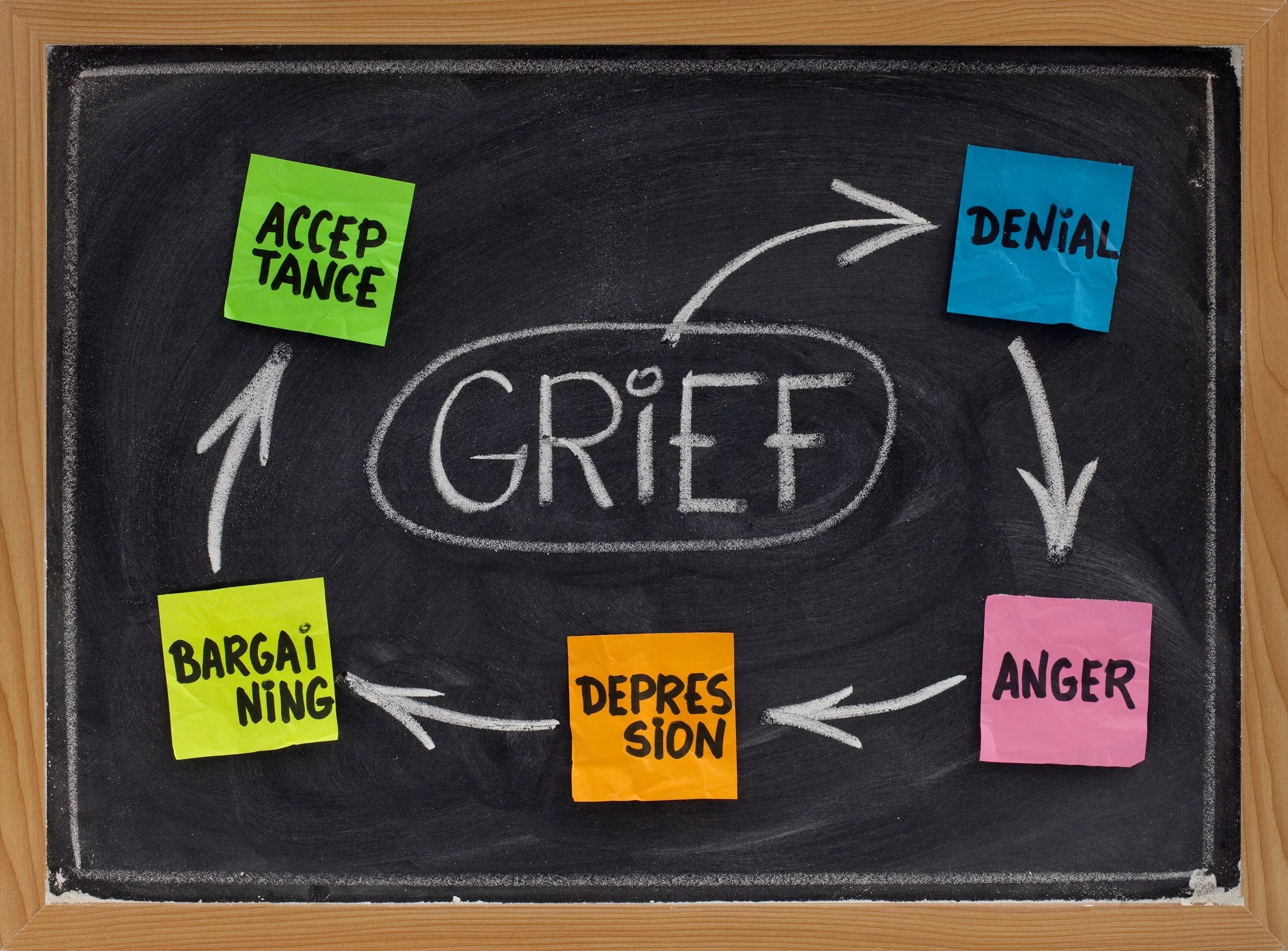






Author’s Note / Trigger Warning:
The following article discusses neurodegenerative disease, cognitive decline, hallucinations, and loss of independence. This content may be difficult for some readers.
Disease is often an unseen cruelty. Cancer takes bodies. Influenza can take lives. Dementia, however, takes something different. It slowly erodes memory, identity, and recognition. Loved ones fade into unfamiliar versions of themselves. Confusion, agitation, and sorrow become constant companions—not only for the person affected, but for those who love them.